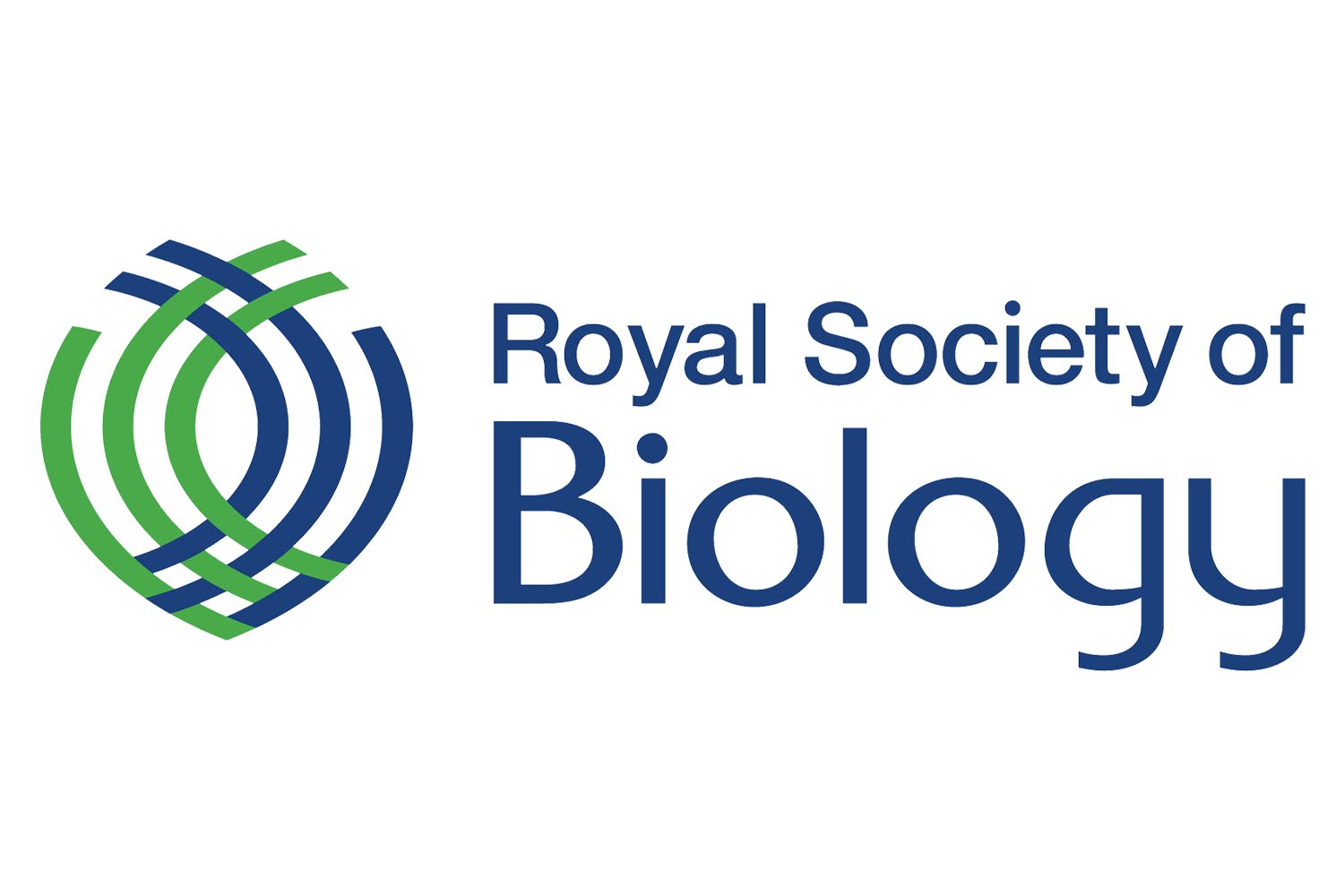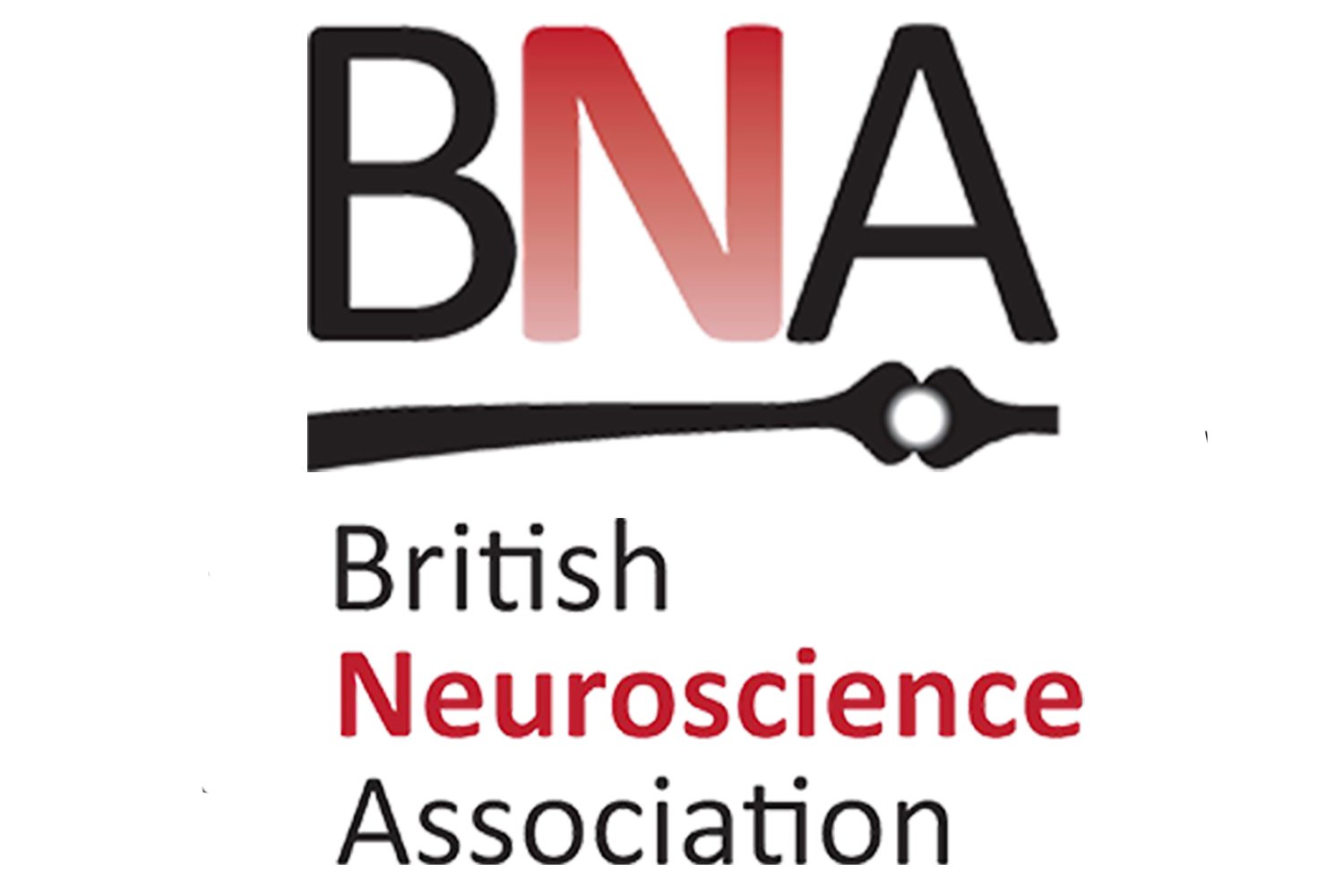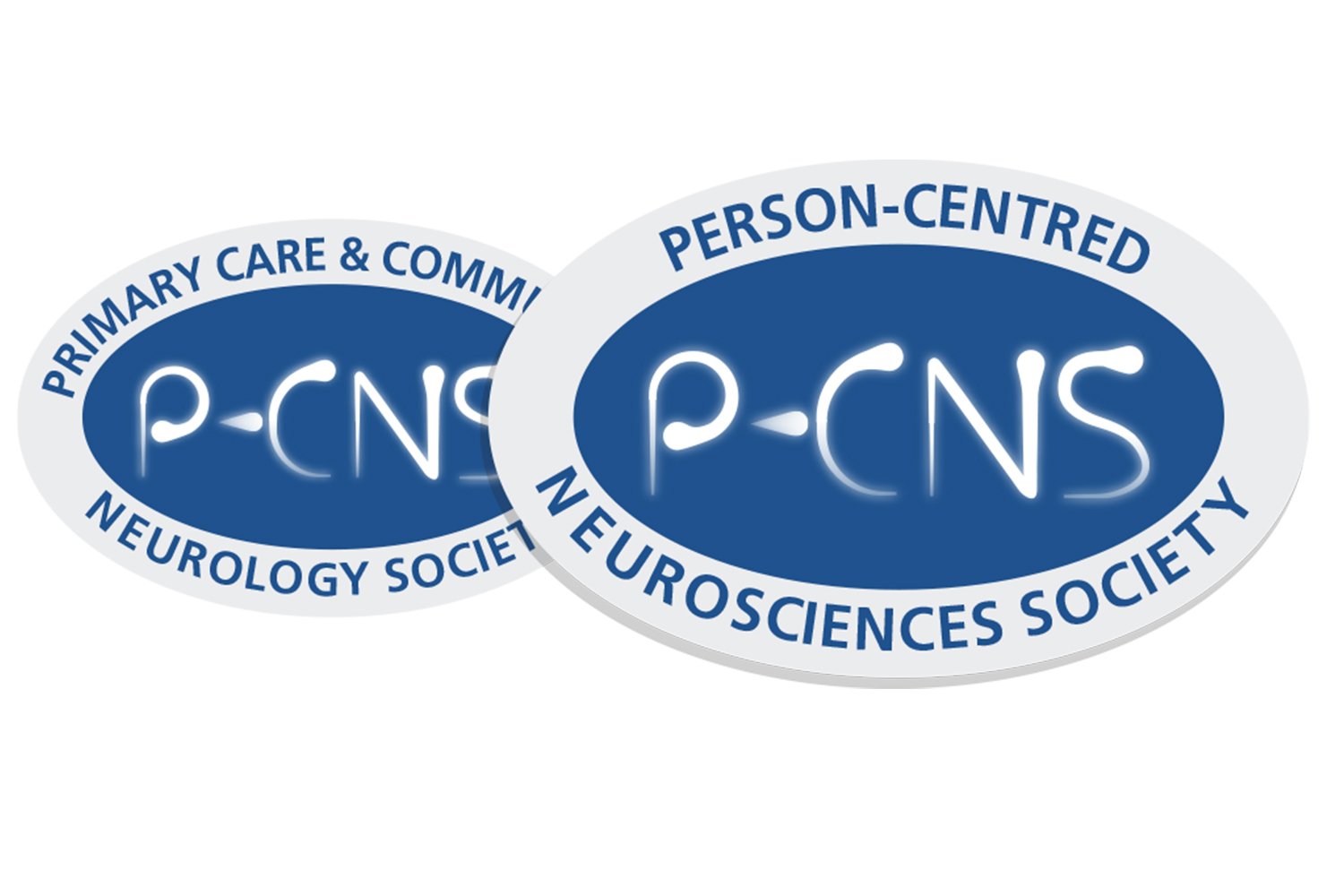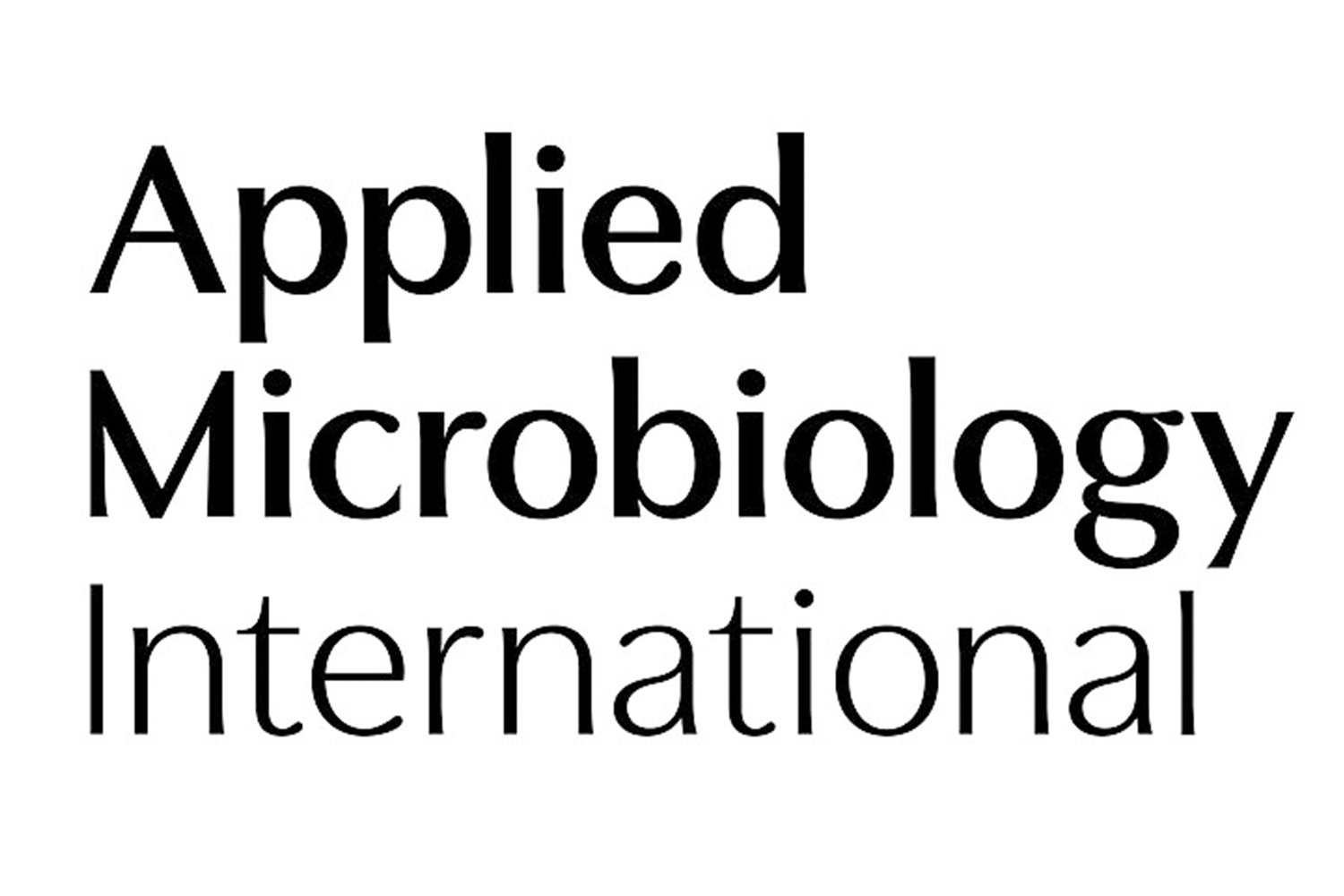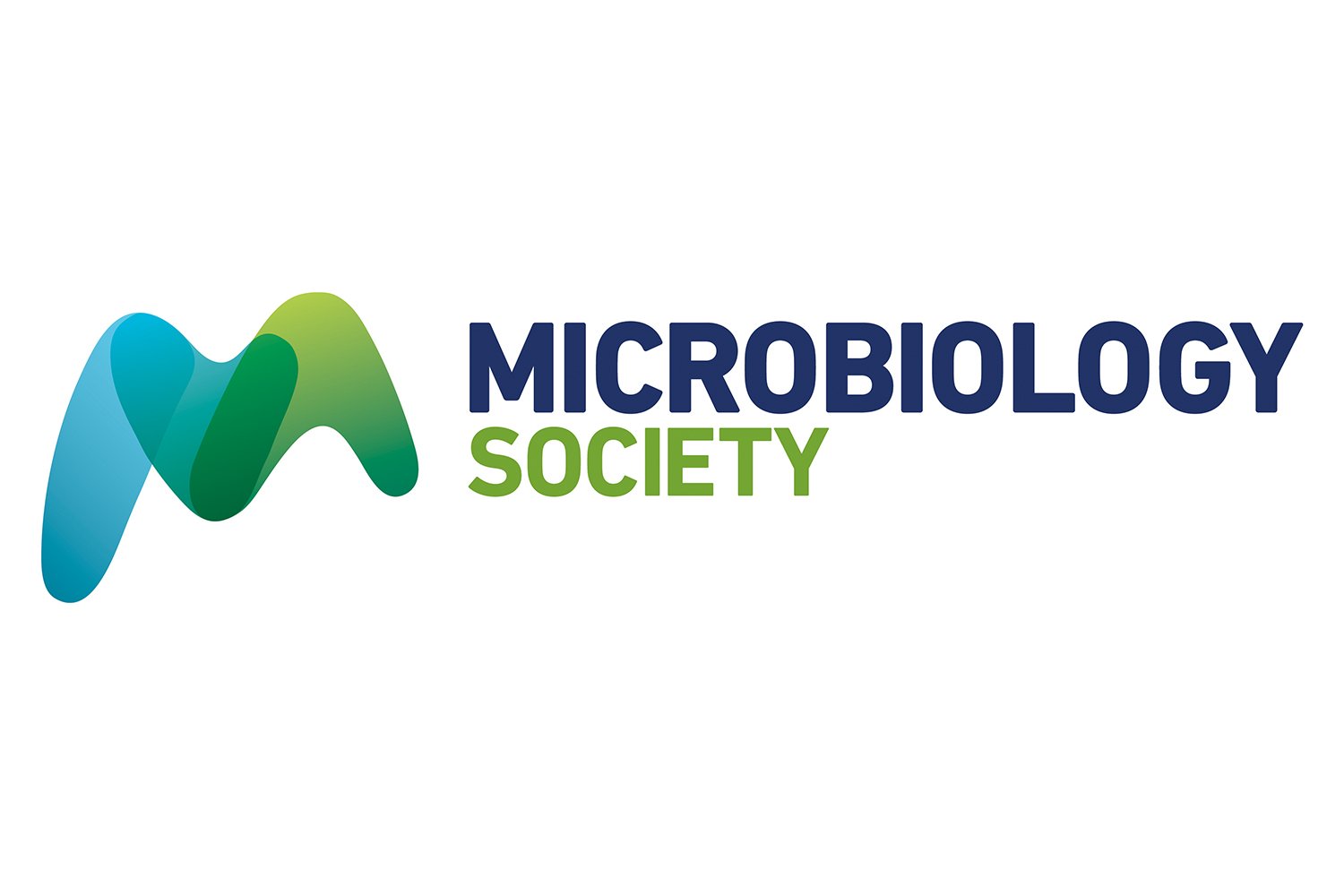About me
Curiosity has always been my compass.
I’m Dr Miguel, a neuroscientist, nutrition researcher, author and educator.
I believe science should never be separated from the messy beauty of real life. That’s why my work lives at the intersection of body, brain, and lived experience, where research meets creativity, and inclusion is a practice, not a slogan.
My professional journey spans more than twenty years in clinics, universities, and industry, but the roots of my work are also deeply personal. I was diagnosed late in life with both ADHD and autism, and only then could I begin to understand the challenges I had lived with for decades, from mental health struggles to disordered eating and body dysmorphia. What once felt like private battles now form part of a larger story: the resilience and coping strategies that so many neurodivergent people develop to make it through.
This combination of lived experience and scientific training gives me a perspective that few others have. I bring together neuroscience, nutrition, microbiology, and ADHD research, but always filtered through the lens of humanity. Because, for me, evidence and empathy belong together. Whether I’m collaborating on research, teaching, writing, or working 1:1, my goal is simple: to help people, and the organisations that serve them, flourish as their whole selves.
Professional highlights
A snapshot of my background
These are the skills and values I bring to every partnership, so you can feel confident you’re in safe, experienced hands:
Clinical neuroscientist, nutritionist, and applied microbiologist with a transdisciplinary doctoral degree covering gut-microbiome-brain health, neurodiversity and mental health.
Chartered Biologist status awarded by the Royal Society of Biology, a gold standard for professional competence in bioscience.
Active clinical researcher: Advancing understanding of ADHD, neurodivergence, and mental health as part of a multidisciplinary research team; led and published several studies, including clinical trials on the impact of nutrition and the gut microbiome on brain health and behaviour.
Award-winning R&D collaborator and scientific advisor: Recognised for research-led product innovation and scientific advisory roles in both academia and industry, bringing complex ideas from lab to market with a focus on accessibility, equality, and real-world impact.
Senior lecturer, trainer, and mentor: Experienced university educator, curriculum designer, and supervisor for postgraduate and doctoral students in nutrition, public health, and neuroscience, supporting the next generation of transdisciplinary practitioners. I also work 1:1 with individuals from all walks of life, guiding them to thrive through evidence-based strategies, lived experience, and compassionate, neuroinclusive support.
For full details of my professional background and my qualifications, please visit my LinkedIn profile.
Curious about working with me?
Discover how we can create real change, together.
For you, your team, or your organisation.
Recognised by thought leaders in science & wellbeing
Dr Miguel is a unique, innovative scientist. He takes his creative flair into his research pursuits, including emphasising the diverse, colourful variety of foods for the healing of the gut and its connection with the brain. Miguel brings science into the realm of artistry, which is what we need in the 21st century to connect all the dots between knowledge and application.
Dr Deanna Minich, Best selling author and nutrition researcher
Profesional affiliations
What I bring to the table
Neuroscience & Mental Health
For me, neuroscience isn’t just about the brain; it’s about the whole, living body and the felt experience of being human. That’s why I’ve spent my career making neuroscience meaningful beyond the lab, translating it into everyday life. Whether guiding teams through the “why” behind burnout, unpacking the neurobiology of emotional regulation in ADHD, or exploring the beautiful messiness of the human mind, I love weaving science and personal stories together.
Some say this is my gift. What I know is that I’m happiest when translating complex brain science into practical, body-based steps, helping others feel seen, understood, and supported from head to toe. At the end of the day, mental health is always more than a diagnosis or a quick fix for dopamine; it’s about empowering people to find their own way to feeling whole.
Gut Microbiome & Nutrition
Think of me as your gut–brain matchmaker, turning microbiome discoveries into simple, nourishing choices for daily wellbeing. My passion lies in exploring how what we eat shapes not just our bodies, but our mood, focus, and sense of self. Whether guiding busy professionals towards feeling energised and present, or working 1:1 on a nutrition plan, I help transform the science of the gut-brain axis into vibrant, joyful, and flexible eating.
For me, food isn’t just fuel or data; it’s colour, connection, and self-discovery. As someone who’s spent years unlearning the myth of controlling every bite, I believe nutrition should be as unique and expressive as the people I work with. I love seeing others rediscover the pleasure and freedom of eating in a way that nourishes body, mind, and soul.
Research, Innovation & Product Development
I thrive at the intersection of evidence and action, supporting organisations and research teams to turn scientific insight into genuine impact. From running clinical trials and co-creating gut-brain products to designing new microbiome tools, I bring curiosity, rigour, and a dash of creative mischief to every project. If it involves a whiteboard, sticky notes, or an ambitious question, I’m all in!
I’m most energised working at the edges: connecting unlikely dots, challenging assumptions, and making sure innovation isn’t just a buzzword, but a lived reality. I’ve been fortunate to collaborate with world-leading research parks, funders, and an eclectic bunch of innovators. For me, the magic happens not in the lab or the boardroom, but in translation, when ideas spark tangible change, and new science delivers meaningful benefits for people from all walks of life.
Neurodiversity & Inclusion
As a neurodivergent, queer scientist, I know what it’s like to move through life at the intersections, where difference isn’t a theory, but an everyday reality. My work is rooted in lived experience, blending advocacy, research, and hands-on support to co-create spaces where everyone can feel seen, valued, and safe to show up as themselves.
I’m here to move beyond box-ticking and buzzwords, whether in the boardroom, the classroom, or in 1:1 coaching. I support individuals and organisations to make inclusion a lived experience, not just another policy or slogan. If your sensory quirks, non-linear thinking, or sense of not fitting the mould have ever left you on the outside, know this: you shouldn’t just be accepted. You deserve to be celebrated. Welcome home.
Respected by pioneers in nutrition and health
“Dr Miguel has a wonderful way of connecting with the audience through sharing science blended with personal experiences, and that really does resonate well with people.”
Dr Rupy Aujla, Medical Doctor, Author and Founder of The Doctor's Kitchen
Inspired by what you’ve read?
Let’s connect and explore how I could help you, your project, or your community thrive.
Every partnership starts with a “hello”.
Qualifications, Publications & Academic Roles
-
Doctorate of Professional Studies (DProf): Gut Microbiome & Mental Health. School of Health and Education, Middlesex University, 2021. My doctorate was a combination of academic, clinical and and industry-based research, summarised my thesis “Guts, Brains, Complexity and Creativity: Immersive Living and Learning Through the Critical Lens of First-Person Inquiry.” Recipient of the prestigious Santander Universities Award in 2016 for my research proposal. This scholarship funded the first 2 years of my doctoral degree.
Masters of Science (MSc) in Clinical Neuroscience. Roehampton University, 2016. The focus of my studies was neuroprotection in the ageing brain. Awarded distinction on my lab-based research project “Investigating the Effects of Coenzyme Q10 Plus NADH, Ascorbic Acid and L-Serine on Cellular Metabolism and Mitochondrial Unfolded Protein Response Transcription Factor Activation in Murine Neural Stem Cells.”
Two-year Fellowship in Metabolic and Nutritional Medicine. The Metabolic & Medical Institute (USA), 2013.
Bachelor of Science (with Honours) in Nutritional Medicine. The University of West London, 2010. Awarded distinction on my honours research project: “An Evidence-Based Review of the Effectiveness of Nutritional Interventions in Cardiovascular Disease Based on the Expression of Oxidative Stress Biomarkers.”
Bachelor of Science in Nutritional Medicine. The University of West London, 2009.
Accredited Yoga Teacher. British Wheel of Yoga, London, 2006. It made me see life from another angle.
Postgraduate Diploma in Environmental Decision Making (Sustainability). The Open University, 2003.
Masters of Science (MSc) in International Business. London South Bank University, 2000.
For further details on my educational background, please visit my LinkedIn profile.
-
Lawrence K, Fibert P, Toribio-Mateas M, Gregory AM, Hobbs J, Quadt F, Wright S, Cotter PD, Patel S, Myrissa K. Effects of kefir on symptoms, sleep, and gut microbiota in children with ADHD: a randomised controlled trial. BMC Psychiatry. 2025 Nov 24;25(1):1117. doi: 10.1186/s12888-025-07568-8. PMID: 41286799; PMCID: PMC12642372.
Toribio-Mateas M, Noble G. Making Room for Every Voice: Reimagining Person-Centred Care in the Neurosciences. Health Expect. 2025 Aug;28(4):e70350. doi: 10.1111/hex.70350. PMID: 40726297; PMCID: PMC12304518.
Lawrence K, Myrissa K, Toribio-Mateas M, Minini L, Gregory AM. (2023) Randomised controlled trial of the effects of kefir on behaviour, sleep and the microbiome in children with ADHD: a study protocol. BMJ Open 13, article number: e071063. 10.1136/bmjopen-2022-071063 PMID: 38149413 PMCID: PMC10711914
Toribio-Mateas, M. and Smith, A. 2023. A synbiotic intervention to improve well-being at work. World Journal of Pharmaceutical and Medical Research 12(21), pp. 36-54. 10.20959/wjpr202321-30385
Lachmansingh DA, Toribio-Mateas M, O’Riordan K, Lavelle A, Cryan JF, Clarke G. (2023) Mood, Food, and the Microbiome. Neurodigest. Nov 1
Lawrence K, Myrissa K, Toribio-Mateas M, Minini L, Gregory AM. (2022) Trialling a microbiome-targeted dietary intervention in children with ADHD - the rationale and a non-randomised feasibility study. Pilot Feasibility Stud. May 23;8(1):108. doi: 10.1186/s40814-022-01058-4. PMID: 35606889; PMCID: PMC9125862.
Shevlyakov A, Nikogosov D, Stewart LA, Toribio-Mateas M. (2021) Reference values for intake of six types of soluble and insoluble fibre in healthy UK inhabitants based on the UK Biobank data. Public Health Nutr. Jun 9;25(5):1-15. doi: 10.1017/S1368980021002524. Epub ahead of print. PMID: 34105446; PMCID: PMC9993053.
Toribio-Mateas MA, Bester A, Klimenko N. (2021) Impact of Plant-Based Meat Alternatives on the Gut Microbiota of Consumers: A Real-World Study. Foods. Aug 30;10(9):2040. doi: 10.3390/foods10092040. PMID: 34574149; PMCID: PMC8465665.
Toribio-Mateas, M., & Bester, A. (2020) Diet and the microbiome in precision medicine In: Faintuch, J & Faintuch, S. (eds) Precision Medicine for Investigators, Practitioners and Providers, 445-452. doi: 10.1016/B978-0-12-819178-1.00043-5.
Toribio-Mateas, MA (2020) “Becoming a Professional Opinion Leader” in “Case studies of 11 participants”. In: Loo, S., & Sutton, B. (Eds.). Informal Learning, Practitioner Inquiry and Occupational Education: An Epistemological Perspective (1st ed.). Routledge. doi: 10.4324/9781003019473.
Toribio-Mateas, M. (2020) Cognitive Health through Gut–Brain Communication. In: Walker, A. (ed.) Case Studies in Personalized Nutrition. Singing Dragon, 178-214. Part of ISBN: 978-1-84819-394-9.
Toribio-Mateas, M. & Walker, A. (2020) The Evidence Base in Personalized Nutrition. In: Walker, A. (ed.) Case Studies in Personalized Nutrition. Singing Dragon, 21-37. Part of ISBN: 978-1-84819-394-9.
Bester, A., Toribio-Mateas, M., Mileva, K. & Gaoua, N. (2018) Integrated multi-omics of the gut microbiome: assessing the beneficial effects of fermented foods to human health. Exploring Human Host-Microbiome Interactions in Health and Disease. Wellcome Trust Genome Campus, Hinxton. doi: 10.13140/RG.2.2.10244.58246.
Toribio-Mateas, M. (2019) Neuroprotection, Aging, and the Gut–Brain Axis - Translating Traditional Wisdom from the Mediterranean Diet into Evidence-Based Clinical Applications. In: Bakhru, A. (ed.) Nutrition and Integrative Medicine, A Primer for Clinicians. Boca Raton: CRC Press, 177-196. doi: 10.1201/9781315153155-6.
Toribio-Mateas M. (2018) Harnessing the Power of Microbiome Assessment Tools as Part of Neuroprotective Nutrition and Lifestyle Medicine Interventions. Microorganisms. Apr 25;6(2):35. doi: 10.3390/microorganisms6020035. PMID: 29693607; PMCID: PMC6027349.
Toribio-Mateas MA, Spector TD. (2017) Could food act as personalized medicine for chronic disease? Per Med. 2017 May;14(3):193-196. doi: 10.2217/pme-2016-0017. Epub 2017 May 5. PMID: 29767588.
Ruxton, C. H., Derbyshire, E. & Toribio-Mateas, M. (2016) Role of fatty acids and micronutrients in healthy ageing: a systematic review of randomised controlled trials set in the context of European dietary surveys of older adults. J Hum Nutr Diet, 29, 308-324. doi: 10.1111/jhn.12335.
You can find all my publications on my ORCID page and on my ResearchGate profile.
-
Honorary Research Fellow, School of Psychology, Cardiff University.
The research areas I am involved in include:
Microbial signatures in neurodevelopmental disorders, particularly Attention Deficit / Hyperactivity Disorder (ADHD) and autism.
Food-gut-microbiota-mood interactions in positive versus pathological mental health states.
Relationships between food, mood and gut microbiota in the workplace.
Changes to the microbiome in neurodegenerative conditions, e.g. Parkinson’s and Alzheimer’s disease.
Person-centred neurosciences with a focus on first-person experiences of people living with neurological conditions.
The microbiota-gut-brain axis, emotional health and complex trauma.
Senior Lecturer, London Geller College of Hospitality and Tourism, University of West London.
Lecturer in Nutrition and Module Leader for "Quality Improvement for Health & Wellbeing." I lead this core module as part of the Nutrition, Health and Wellbeing Master’s programme.
My focus is on helping students tackle real-world challenges in public nutrition. I teach them how to design and improve health services for individuals with nutrition and lifestyle-related conditions. This includes identifying key challenges, selecting effective, evidence-based interventions, and measuring their impact, often using the gut-brain axis as a central mechanism of action.
Additionally, I supervise MSc and PhD students on the Food Business Management and Nutrition & Wellbeing programmes, supporting their academic and professional development.Current research projects I am supervising are:
Disordered eating and its relationship to stress, loneliness and social media use.
The relationship between food choices, gut microbiome changes and emotional & cognitive health.
Investigador Pre- y Posdoctoral en Nutrición, Eje Cerebro–Intestino–Microbiota y Salud Mental, School of Applied Sciences, London South Bank University, 2018-2023.
Este puesto estuvo vinculado a mi puesto como Consultor de Innovación en la London Agri-Food Innovation Clinic (LAFIC) con una beca concedida por Fondo de Desarollo Regional de la Unión Europea.Como neurocientífico principal del Bowels & Brains Lab, fui responsable del diseño y la implementación de ensayos clínicos aleatorizados y controlados para evaluar el impacto de alimentos fermentados (kéfir, kombucha, chucrut, etc.) en la composición de la microbiota humana y en los metabolitos del microbioma, teniendo en cuenta factores nutricionales y de estilo de vida que contribuyen a cambios en el bienestar de las personas participantes. Mi objetivo era identificar posibles vínculos entre la salud intestinal y la salud mental, prestando especial atención a medidas cognitivas como la atención, el estado de ánimo y la memoria, así como a indicadores de salud mental tanto negativos, como el estrés o la ansiedad, como positivos, como la resiliencia o el bienestar subjetivo.
-
Guest Editor of the Special Issue on “Person-Centred Care in the Neurosciences” in Health Expectations (Wiley). Published July 2025.
Member of the Scientific Committee, Probiota Event 2020-2026.
NutraIngredients Awards Judges Panel 2020-2026
Chair of the Scientific Advisory Board, Chuckling Goat (until October 2023)
Reviewer Board member for Brain Sciences, Microorganisms and BMJ Open.
Editorial Board member for NeuroDigest and the Nutritional Medicine Journal.
-
Purposeful living, for me, is inseparable from community. It’s what fuels my drive to contribute, and why I commit time and energy to initiatives that make a tangible difference in people’s lives.
I serve on the Steering Committee of the Person-Centred Neurosciences Society (P-CNS). This role allows me to merge clinical know-how with lived experiences, advocating for high-quality, individualised care for those with suspected or confirmed neurological conditions.
In addition, I contribute my expertise to the You Are Not Alone (YANA) youth mental health programme at the Body & Soul Charity, which specifically addresses the pressing issue of suicide attempts among 16-30-year-olds through dialectical behavioural therapy.
I am also an Ambassador for the Nutritious Minds Charity Trust, led by neuroscientist and nutritionist Dr Rachel Gow.
For further research & academic details, please visit my ORCID.
Podcast Episodes
Click the button below to get links to some of the recent podcasts where I was interviewed about ADHD, nutrition, the gut-brain connection and more.
An episode with Ben Branson on the latest and, at times, unsettling discoveries in ADHD and autism neuroscience.
Talking with Alex Partridge about ADHD, nutrition, neuroscience and the art of living.
Watch me and Dr Rupy Aujla talk about ADHD and gut health/brain health.
To find more episodes
Please search for Dr Miguel Toribio-Mateas wherever you get your podcasts.



